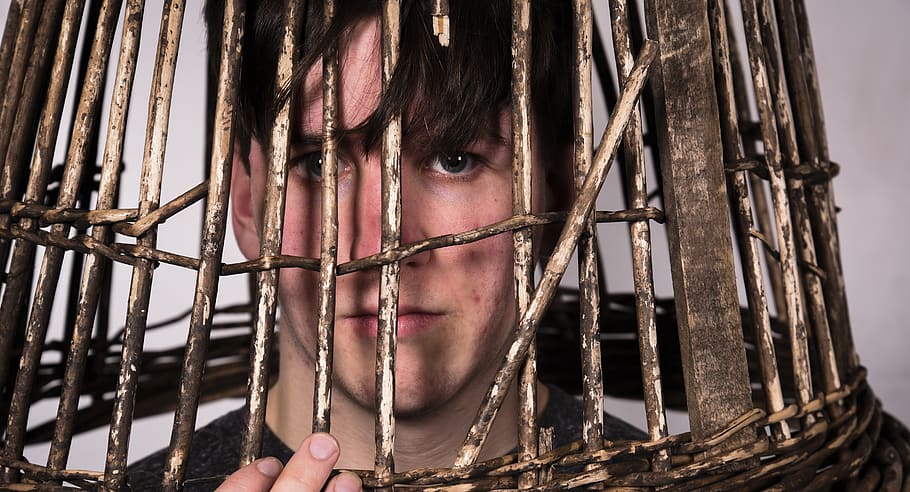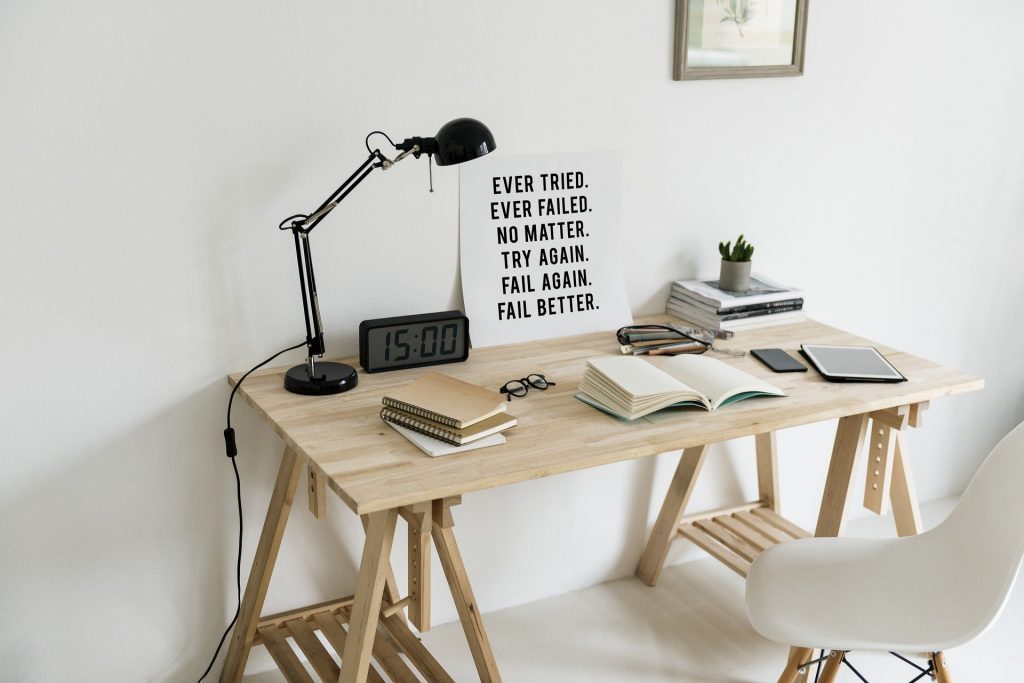In this interview on The Logros Show – in association with The Greater Manchester Chamber of Commerce – Lee Dinsdale talks with Ruth Rosselson from Manchester Mind, Chris Gold from Mental Health Independent Support Team and Becci Martin from Boo Consulting about what can help your mental health and wellbeing during lockdown.
Interview with Manchester Mind, Boo Consulting and Mental Health Independent Support Team on Unity Radio, The Real Sound of the City.
What is this interview about
Mental Health for all, Mental Health & Wellbeing in the workplace, tips for improving Mental Health, Mental Health during lockdown, Coaching & Mentoring and how to get help for Mental Health.
Who may be interested in this article
If you are worried about someone’s Mental Health. If you are wondering how can loneliness and isolation impact on Mental Health. How to look after your Mental Health. If planning on accessing relevant Mental Health professionals. If you want to find why is Coaching and Mentoring important in the workplace
Edited transcript
Lee: This is Unity Radio the Real Sound of the City and this is the Logros Show in association with the Greater Manchester Chamber of Commerce and today’s show is all about mental health and well-being. Could everybody introduce themselves please
Chris: Good afternoon everybody I’m Chris Gold and I’m from mental health independent support team over in Bolton. We do lots of different things for people around mental health well-being; different groups’ different counselling support. Lovely place to work, lovely people.
Ruth: Hi I’m Ruth Rosselson. I’m the resilience coordinator at Manchester Mind so Manchester Mind is an independent mental health charity and we support adults and young people in Manchester. We offer advice, counselling, we have peer support groups, we run mental health training and the kind of work that I do is running well-being courses and workshops and one of my main passions which is teaching meditation and running kind of drop-ins for people to come and all meditate together which is a really lovely part of my work.
Becci: I’m Becci Martin. I’m the founder and director of Boo Coaching and Consulting and we’re based in Bolton. In a nutshell what we do is we help bosses to be better bosses and we do that through and by creating healthy and happy workplaces. I’m also a mental health nurse by background.
How to take care of one’s physical and mental health during coronavirus pandemic?
9:30:
Lee: What can help your mental health and well-being during lockdown?
Ruth: My tips come from the five ways to well-being with the idea of if you include these areas in your life you’ll be able to kind of look after your well-being. One of the five ways to wellbeing activities is about being active and especially when we can’t do the activity that we would love to do. I like to go to Zumba classes and be amongst other women and dancing. I can’t do that right now so finding ways to be active within your home environment, so finding little YouTube videos. we all know about Joe Wicks so if can you find ways of integrating that into your day maybe you don’t even have an hour; maybe you’ve got so much to do but five minutes of dancing to your favourite music track every hour is going to increase your heart rate, it’s going to release some endorphins and help you feel a little bit better physically and mentally.
I guess another one of the five ways to wellbeing activities what has definitely helped me and which we know really helps people is to stay connected to others. We are social creatures, social animals but when our mood goes down we don’t see people as much. we don’t talk to people as much and with lockdown well we don’t always have those opportunities. finding ways to connect with the people either by doing things online like video calls, because that contact when you get to see people, again it does elevate the mood a little bit and help you feel a little bit more connected, actually having some real conversations with people.
What does it mean to be nice to yourself?
12:55
Lee: Chris what are your tips for mental health in lockdown?
Chris: Concentrate on what you can change not what you can’t. Write a list of the things that you can control and the things that you can\’t control. We have to accept where we are, that yes we are going to come out of this but dwelling on those negative things sometimes can actually make us feel an awful lot worse so we need to look at the little things and again
Following on from that really, I would say be nice to yourself. We’re terrible at beating ourselves up a lot of the time. I’ve not been able to do that or I may be losing my job, we haven’t got enough money and I haven\’t got enough provisions for my family all the things that I want. Take a step back for a minute and be nice to yourself look at the things that you do have and really make sure that you actually see those things as being wonderful things that we have every day.
Laughter is fantastic. Why is it good to laugh? Laughter will heal – laughter makes you feel so much better and now is the time when we need some of that happiness and laughter in our lives. So think about listening to music, think about dancing- look at different things; watch funny films. Listen to jokes; play games with your family and your children, different things that will make you laugh will actually make you feel so much better on a day-to-day basis.
Selfcare Tips
Becci: I talk about teeny tiny acts of self-care throughout the day so sprinkling small acts of well-being rather than the big grand gestures.
The other one for me that works and I can only share what works for me and I know some of our colleagues share this but soothing and calming kind of phrases that I repeat to myself over and over and particularly if I’m heading into something that I know that I’m anxious about and my brain is saying I’m anxious I’m anxious and anxious. actually overriding that I’m anxious message with, I’m calm over and over again has really soothed me and helped me when I’ve had to hit the supermarket at a particularly tense point of lockdown for example or you know you’re just generally in that hole; I’m really feeling overwhelmed or I’m starting to feel my anxiety rising. That’s one of the things that really works for me.
What is Drama Therapy?
23:56
Lee: Can you just explain what is drama therapy, the techniques and who can benefit from drama therapy as well?
Chris: Drama Therapy is a type of psychotherapy that uses many creative elements and a lot of it is based around play where you can safely explore different things. It allows you to sort of make different connections. If you think about a time when your mental health was particularly poor, we don’t always find it easy to discuss that with other people and talk about things. We don’t always find it easy to actually put what we want to into words. It can be really difficult and it can actually make somebody withdraw rather than coming out of themselves.
Drama therapy exercises
Drama therapy is great because it’s using different creative methods to actually get people to open up and to explore different things and a lot of it is through play. If you think about play, play is where we actually experience different things and perhaps reach out a bit further than we would do in the normal constraints of our working day and all the things that we do. we’re all parents, we’ll have families we’ll go to , we’ll have different things and that’s very regimented so what we\’re looking at is a sort of non-verbal method of working which anybody can access.
Drama therapy techniques
You don’t have to have any creative abilities because the actual drama therapy teachers will actually take you through different things and they will see times when you might hesitate or when you’re thinking. They will have different ways to help you to explore those things and help perhaps take you back to different times where you didn’t have as many of those constraints during the day and to learn to play again.
Does drama therapy work?
26:31
Lee: For everybody listening thinking okay that sounds different, is there evidence and what is drama therapy used for?
Chris: A lot of it’s based on neuroscience. There’s loads of different evidence in the background that shows that people actually are able to work out better what their problems are exploring through play and creative things and actually move forwards by looking at different health and finding different ways to improve their situations and to actually understand why they are feeling the way that they are feeling. Drama therapy also helps your brain to grow as well so it also helps you to reach out and to sort of expand your mental well-being to be able to cope with things in different ways and to be able to understand things much better than you might have done before.
Work Place wellbeing
28:31
Lee: Then let’s talk about what does workplace well-being mean and how to create a good environment in the workplace.
Becci: its about Creating the right conditions for everybody to thrive in and out of work. When we talk about well-being at work, traditionally we think of some workplace wellbeing ideas as oh we’ll get some free fruit and stick it in the staff room or we’ve got a cycle to work scheme so we must be nailing it in terms of well-being in the workplace. Although that’s all lovely and all of that adds value in some ways that\’s not the biggest impact on happiness and health in the workplace.
5 tips for workplace wellbeing
Focusing on; how people are led, how safe they feel, how autonomous they are, how supported they are to be creative in the way that they deliver their jobs and the way that they deliver to their customers.
The biggest customer for us is the NHS so I’m a nurse by background and most of our customers are NHS frontline staff. What we find when we\’re thinking about well-being in the workplace and particularly now that\’s all around how, do we create the conditions for people to thrive, how do we help those people who are running those services to create the best environments for their colleagues so that they can provide the best possible care under challenging circumstances.
It isn’t through free fruit – but that helps, it’s through things like being open about your own mental health and well-being as a leader. It’s about making sure people feel safe to talk about their health and what they need; what are their stress triggers?
It’s also empowering people to have more coaching conversations rather than being told what to do. We tailored and developed a kind of a well-being program that we piloted over an NHS organization and targeted it at the urgent care department within one hospital. By peppering those small and often helping people to be confident and manage their own well-being, helping to have a better conversation, rather than saying when they\’re asked how they are saying I’m fine, not tolerating that I’m fine response and actually asking more than once how people really are, and paving the way for people to feel quite open and safe to talk about their health and well-being.
What we saw at the end of that program was we saw a 44% reduction in sickness absence connected stress-related absence. So when we create the environment where there’s joy, there’s connection and there\’s a focus on being the best you in the workplace then we’re going to have a better customer experience. You can have better patient care and so on
What is advocacy and why is it important?
34:36
Lee: What is an example of advocacy please?
Chris: advocacy is about giving people a voice. An advocate is a person who will actually work with an individual so they might help them with their benefits, might help them access different forms and fill them in. how can they get the benefits that they are entitled to? It might be help with looking at different services that are available for issues and mental health service. Sometimes with GP’s it’s easier to prescribe medication. Somebody may not want medication and they feel that\’s not right for them. It’s about actually going along with the person and perhaps sitting down and asking the questions that they need to ask the doctor. What is this medication? What is it going to do for me? What are the alternatives in this form of help?
38:05
Lee: and if you want to become an advocate?
Chris: Well, there’s different ways of doing it. We actually take a number of volunteers through at Mhist into various different parts of the organization most of our staff are people who’ve actually come through the services themselves. We empower people to get involved. Once they feel a bit better they quite often get involved in the different services so they might want to go along and volunteer with a group and actually be part of that group. They might want to support advocacy in terms of talking to people and looking at the different things that they’re entitled to. Then they can work up towards actually becoming one of the advocates that we actually have in the organisation. So it’s actually having an understanding.
Principles of coaching and mentoring
40:15
Lee: and what could you share as a coaching and mentoring definition please?
Becci: A coaching definition is a learning opportunity that helps people to grow and develop and it’s with somebody who\’s offering some supportive challenge and a chance for somebody to develop, identify goals all focused around that. The core skills are just somebody that listens and asks questions. Avoiding as much as possible giving advice and helping an individual to really just think through the possibilities and the potential outcomes of something that they want to achieve, without somebody immediately diving in and telling them how to do it and how to fix.
Coaching in the workplace
41:43
Lee: why is coaching in the workplace important?
Becci: It’s pretty much the same thing as it\’s connected to leadership. We all need to be told what to do from time to time so if we\’re new in a job we don\’t know where to put our coat or make a brew or go to the loo. We don’t know what font size the HR director wants the PowerPoint presentation in so we need to be told all those things. Actually that just helps us to stay safe and get stuff done in the moment. It doesn’t help us to grow and develop. The purpose of coaching in the workplace is if we use more of a coaching style as a leader it might mean we have to let go because somebody might not do things the way we want them to do for example but we\’ll definitely help people to learn and potentially even collaborate and create something that was even more beneficial or impactful than you could have done as a boss yourself.
Benefits of coaching in the workplace
If you’re going to grow as a team or thrive as an organization then coaching is key to that. it’s key to having that coaching kind of culture in the workplace because I certainly want a team of people who are autonomous that can create great ideas and can take my business further than I could possibly take it. If I just did it all myself I’d be really stressed and my mental health would be really poor. I’d only be focusing on the operational stuff all the time and actually when we invite other people to explore the possibilities, who knows what can happen? It’s pretty exciting stuff.
5 Benefits of coaching in the workplace
43:20
Lee: what benefits have you seen?
Becci: When we’ve explored this with other organizations the things that we’ve seen have been improvements in staff health and well-being.
Improvements around happiness and health and well-being because when we’re encouraged to play to our strengths, when we\’re asked rather than told there is a knock-on effect on our happiness and health.
We’ve seen reduction in challenges or those kinds of grievance situations or complaints in the workplace and improvement in employee relationships and collaborative projects.
Certainly, the biggest impacts are all customer facing so I know that if I get good customer service somewhere in a really nice restaurant or a great hotel or remember those places that we used to go to and we’ll go again. When you get a nice experience it’s not by accident, it’s because those individuals have been cared for and supported and nurtured in a way that helps them to be at their best. So massive customer impacts.
For those of you that want to look at the hard numbers – huge improvements in performance and then obviously that links to profitability and all the other fun stuff those businesses have to think about.
Contact Details
www.manchestermind.org to access all our news, events and service information
info@manchestermind.org for general queries
training@manchestermind.org to speak to the Training team about workplace or community training.
GET IN TOUCH
Take your first steps to Achieving Excellence with Logros. Call or email us for more details.
Complete and we will keep you updated with the latest edition of the “The Logros”.
It is not a question of what are you going to do just simply who do you want to be
Lee Dinsdale





